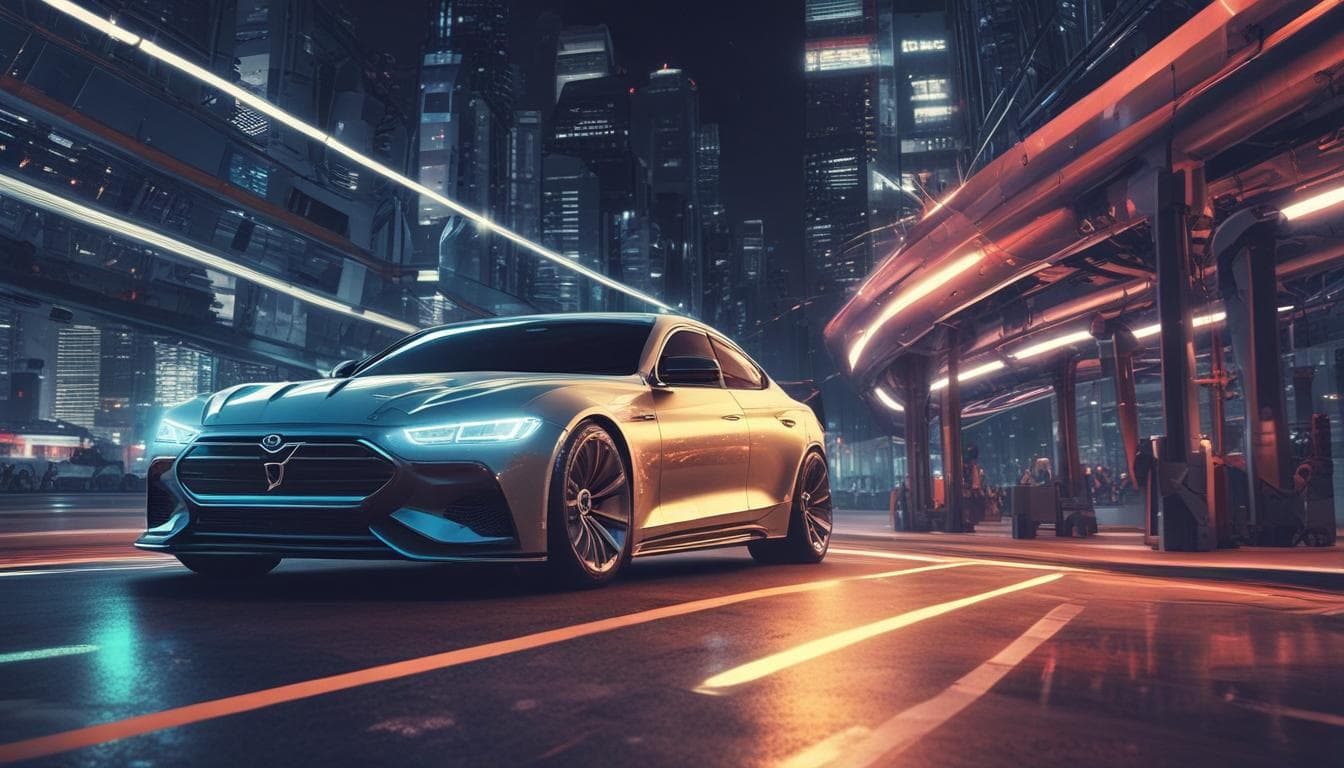With advancements in AI and personalized in-car experiences, how do you envision the future of automotive tourism evolving? Will AI-curated road trips replace the thrill of spontaneous exploration, or will there be a harmonious blend of both? What new opportunities and challenges might arise for travelers and the tourism industry as AI becomes more integrated into our vehicles and travel experiences?
The future of automotive tourism certainly stands poised for a transformative shift with the integration of advanced AI systems and personalized in-car experiences. AI has the potential to redefine how travelers plan, navigate, and experience road trips, catering to both spontaneity and detailed customization.
The Role of AI in Curated Experiences
AI-driven systems can provide tailored recommendations based on user preferences, travel history, and real-time data like weather or traffic conditions. Imagine an AI suggesting hidden gems, local eateries, or scenic routes that you might have missed otherwise. Travelers can indulge in curated experiences without sacrificing the excitement of discovery. For instance, AI could propose stops based on your interests, like nature trails for outdoor enthusiasts or historical landmarks for history buffs.
Harmonizing Spontaneity and Planning
The debate between AI-curated journeys and spontaneous exploration doesn't have to lean one way. There is potential for AI to merge these aspects harmoniously. While AI can plan routes with suggested attractions, travelers could still deviate from these plans whenever they choose. In this way, travelers maintain control over their journeys without losing access to valuable insights and recommendations.
Emerging Opportunities
- Enhanced Accessibility: AI in vehicles can make travel more inclusive by providing real-time assistance to those with disabilities. For example, voice-activated systems can simplify navigation for visually impaired travelers.
- Immersive Experiences: Integration with technologies like AR and XR opens new doors for immersive storytelling during road trips. Travelers could use Extended Reality to visualize historical events at ancient landmarks. Check out how XR is transforming the automotive industry for more insights.
- Eco-Friendly Tourism: As EVs dominate the market, AI can optimize energy usage, suggesting charging stops along the most scenic or efficient routes. Read more about the transformative impact of EVs and IoT in automotive.
Challenges to Address
- Privacy Concerns: AI systems require extensive data collection, raising concerns about personal data privacy and how it is used.
- Over-Reliance on AI: Relying too much on AI could potentially reduce the authenticity of exploration, as rigid algorithms might limit off-the-beaten-path adventures.
- Learning Curve: Integrating complex AI systems into vehicles may demand a learning curve for some users, especially for older generations not familiar with such technology.
Final Thoughts
As AI becomes more prevalent in automotive systems, the road trip experience will likely become more seamless, efficient, and personalized. However, the thrill of spontaneity need not be sacrificed. By combining AI-driven insights with the freedom to explore, the tourism industry could find innovative ways to encourage meaningful connections and unforgettable journeys. For a broader perspective on AI's influence, take a look at how AI is revolutionizing the automotive industry. The key will be striking a balance between leveraging technology to enhance experiences and preserving the human essence of travel adventures.
探索更多相关内容
加入讨论
- 未来汽车:移动的个人健康管理中心?机遇、挑战与展望
探讨未来汽车如何转变为“移动个人健康管理中心”,实时监测身体指标、提供个性化建议。分析其对日常生活、健康习惯的影响,以及带来的机遇、挑战,包括隐私、数据安全和跨界合作等问题。
- 情绪感知驾驶:未来汽车的标配?
探讨未来汽车是否会标配根据驾驶员情绪状态调整驾驶模式的功能,例如压力时切换舒缓模式、兴奋时播放动感音乐,并分析其潜在优势和挑战。
- 汽车智能驾驶模式:探讨实时路况和生物特征数据应用的利与弊
探讨基于实时路况和驾驶员生物特征数据(心率、疲劳程度)的汽车智能驾驶模式(舒适、运动、节能)的优势、潜在风险以及如何平衡个性化驾驶体验与数据隐私安全。




